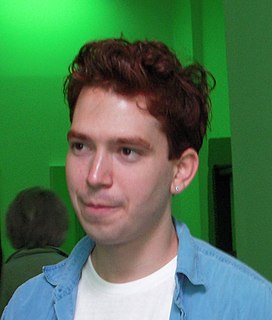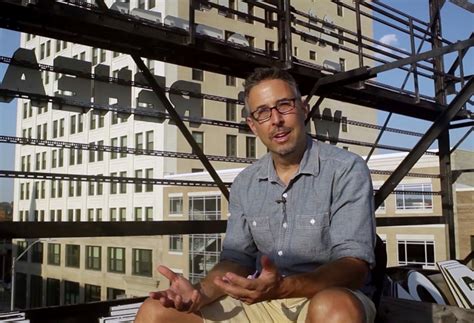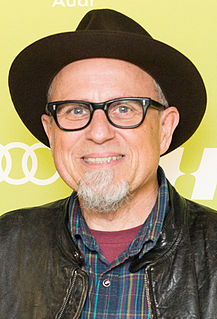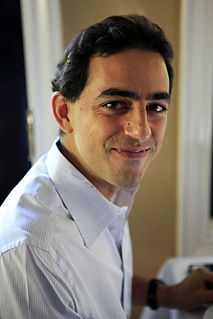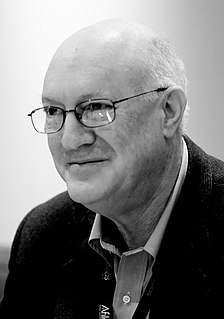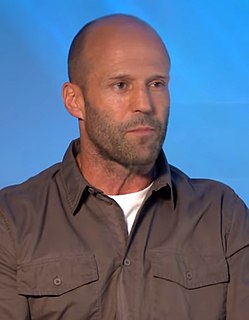A Quote by Ryan Trecartin
In the future, I think movies are going to be more of data sets that viewers have a hand in controlling - where the narrative originates and what happens to the content.
Related Quotes
When I've acted, and it's not been something I've written or have had at least a hand in writing, I do think there is a controlling side of me that is frustrated by that. And I actually don't think that it's a bad thing, because if I'm going to be in movies, in large part they're going to be movies that I write.
The fact is that viewers are fickle and it's rare that such a large group of people can be categorized in any type of way. There's enough content to go around, and if we stop focusing on numbers and start focusing on the quality of the project, then I think everybody - viewers and artists alike - is going to be a lot happier.
We don't really know how technology will affect narrative. That's the question. See, people used to say that the novel is going to die, but they would never say that movies will die with it, when in fact all forms depend on the narrative. I think if one of them fails, the others are going to fail as well. Maybe this will happen to both forms, and maybe movies will take a totally different direction with fiction.
One of the ways that we cope with anxiety is by over planning and over controlling. If we know where it's going to, we can just relax and do it. Unfortunately, in my experience, that's not the way it works. The story doesn't want to be told what to do. You have to enter into this process with a high level of trust that the many hours of choosing that you're doing every day will gradually clarify the narrative for you. And that's what happens.
As we move into an era in which personal devices are seen as proxies for public needs, we run the risk that already-existing inequities will be further entrenched. Thus, with every big data set, we need to ask which people are excluded. Which places are less visible? What happens if you live in the shadow of big data sets?
If even one country, an Iceland for example, defects from this global legislative bargain and says no, we're not going to enforcement mass surveillance here. We're not going to do that. That's where all of the data centres, all the service providers in the world will relocate to. And I think that gives us a real chance to see a more liberal than authoritarian future.
I think that's as far as you have to think, everything happens as a coincidence. It either happens or it doesn't. It's hard to map out a strategic plan by saying, 'If I do that, that's going to get me to the next level.' I think that's the wrong way to go into movies as an actor. It doesn't happen for me that way.
